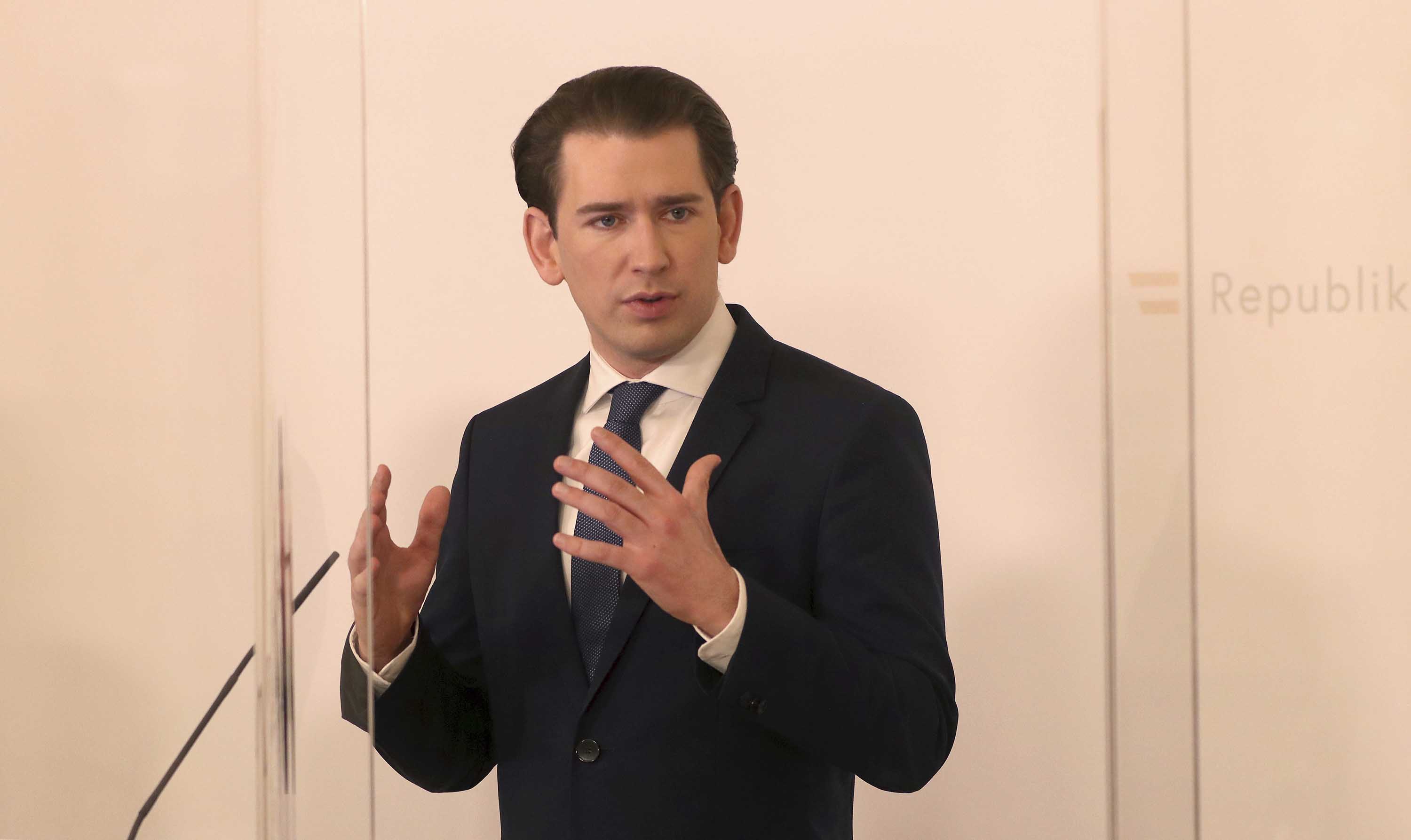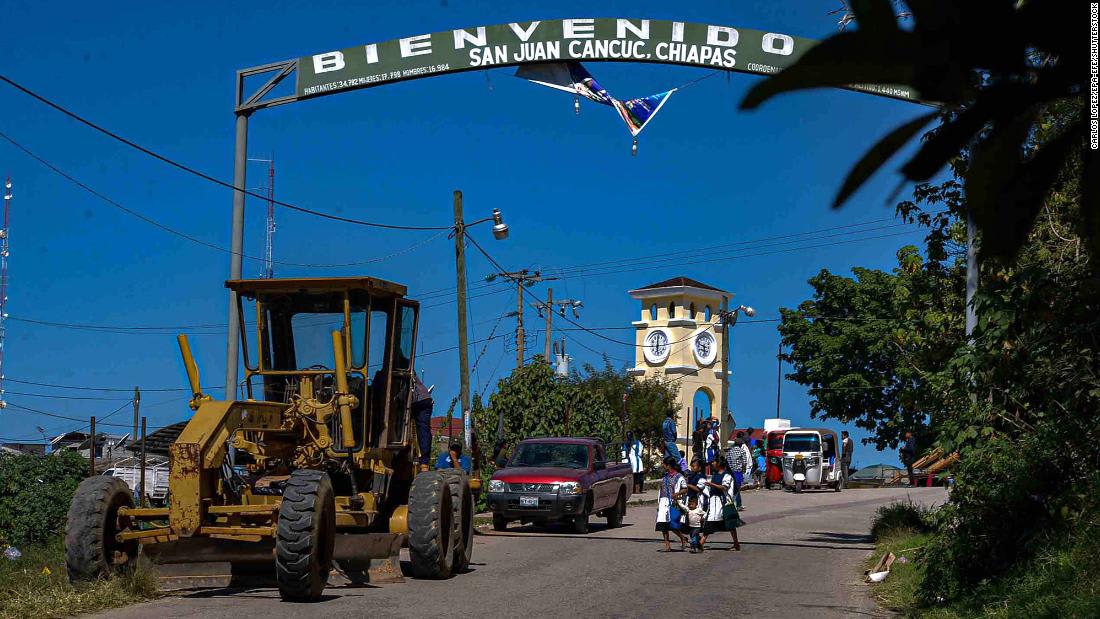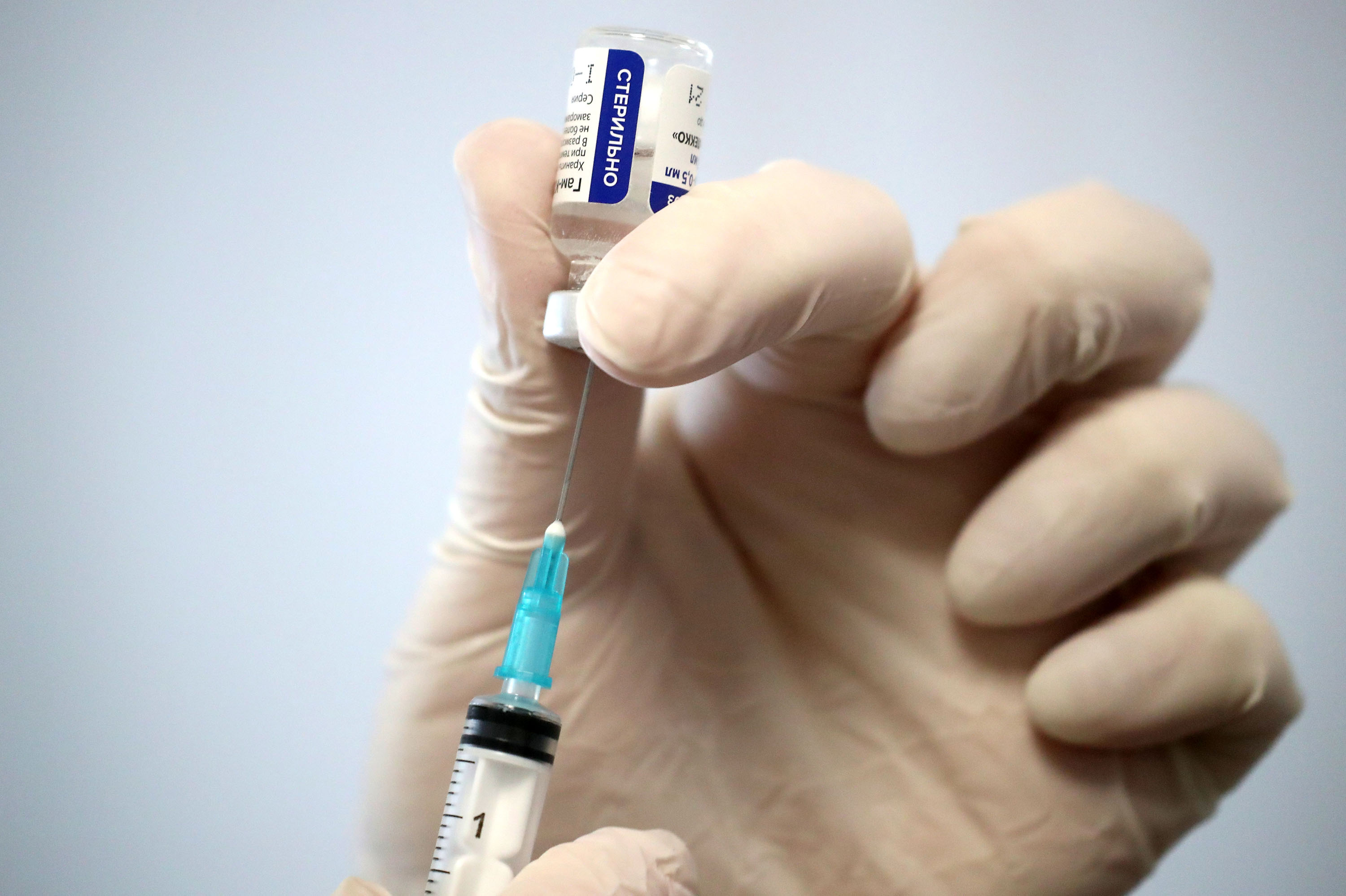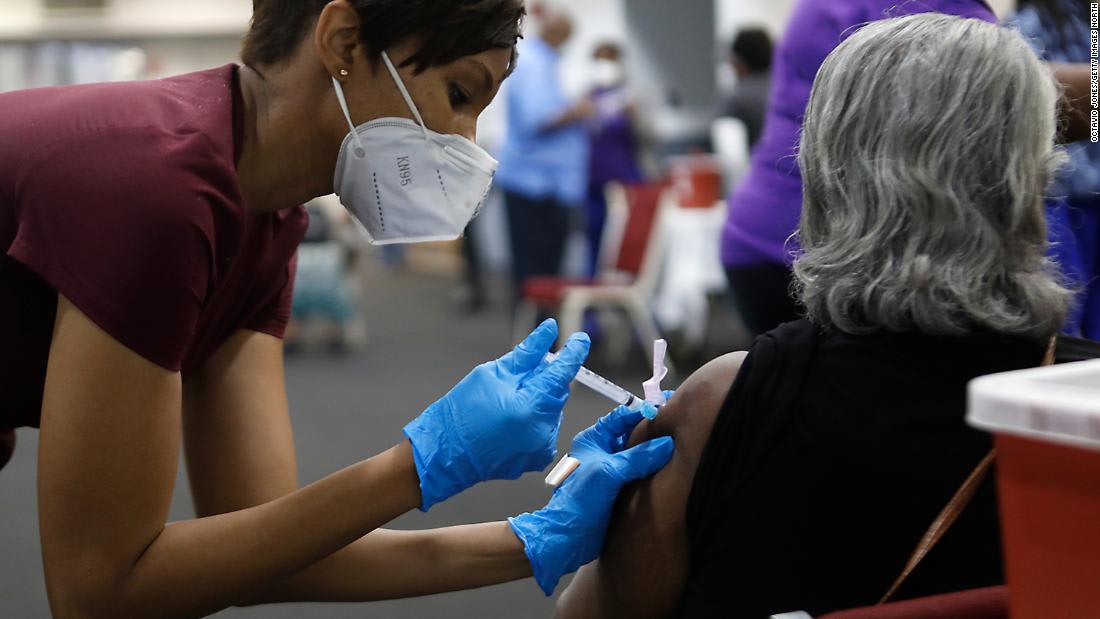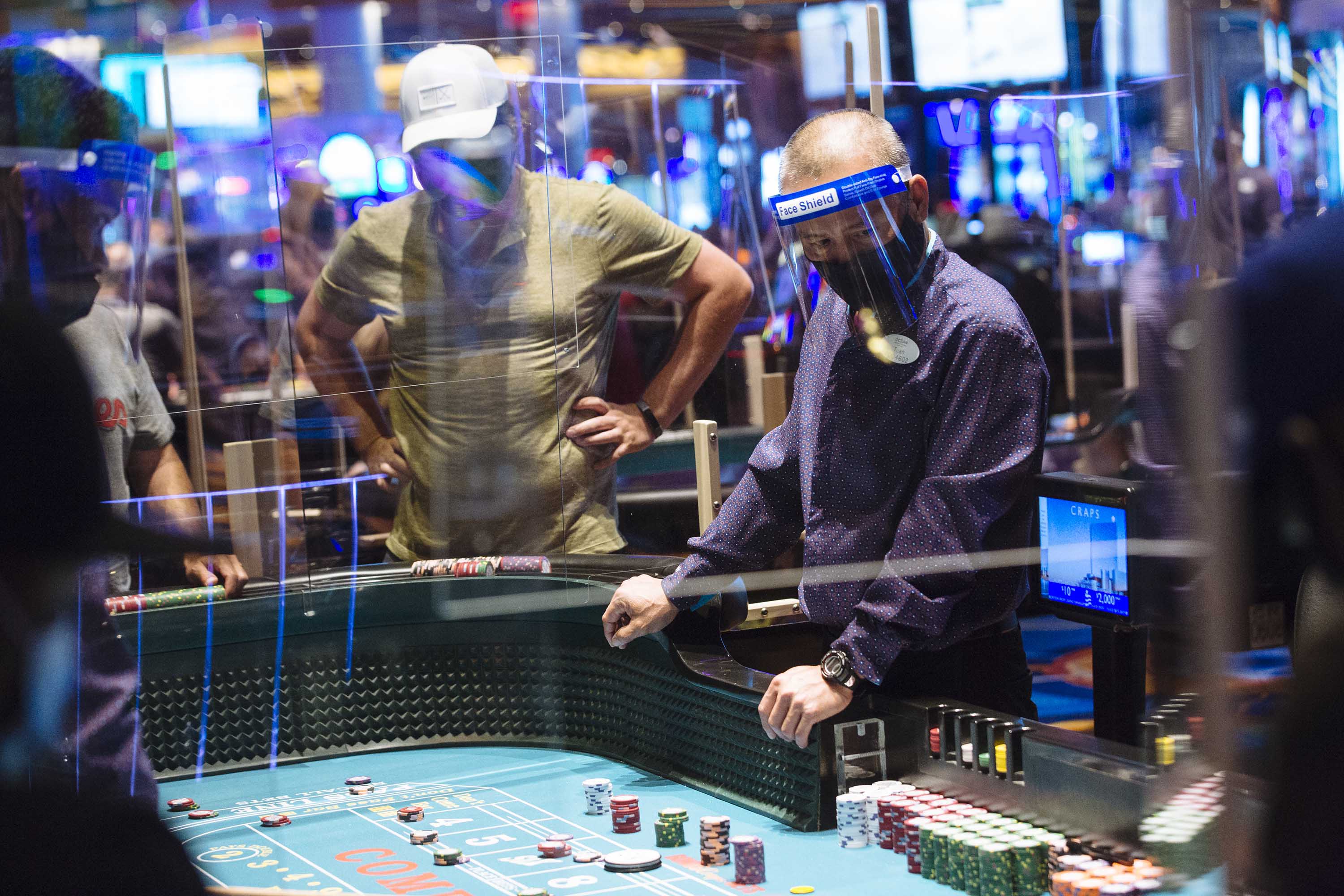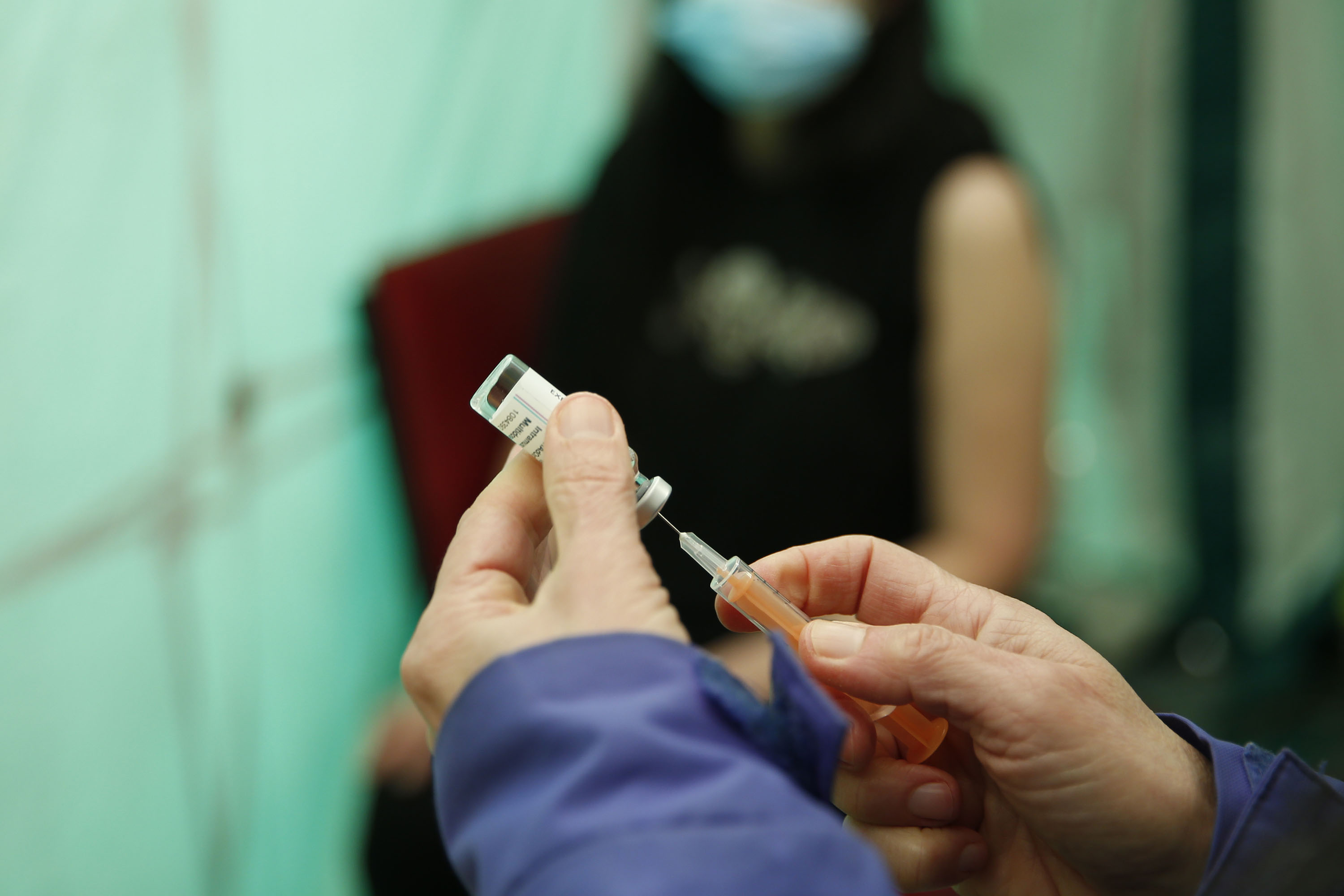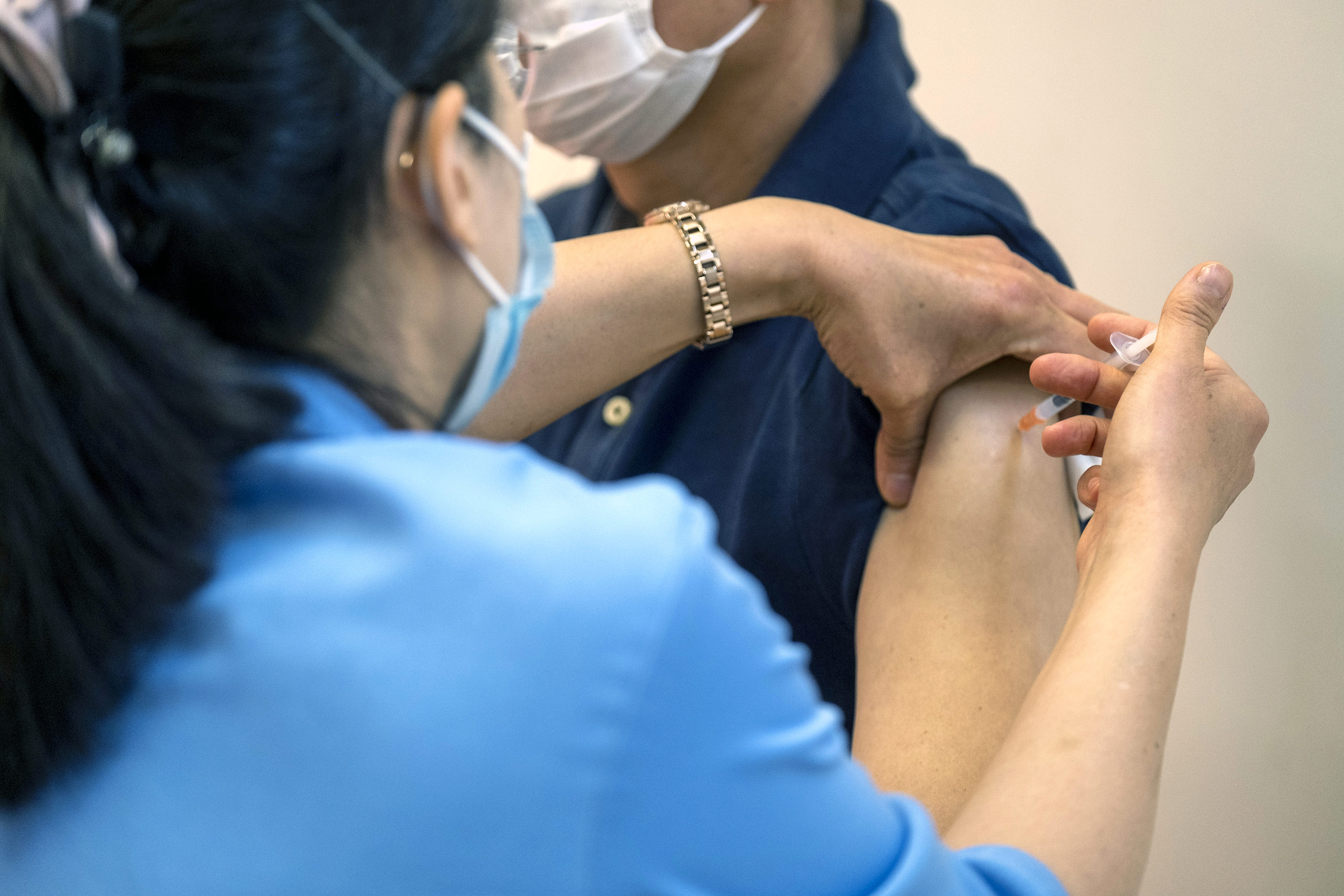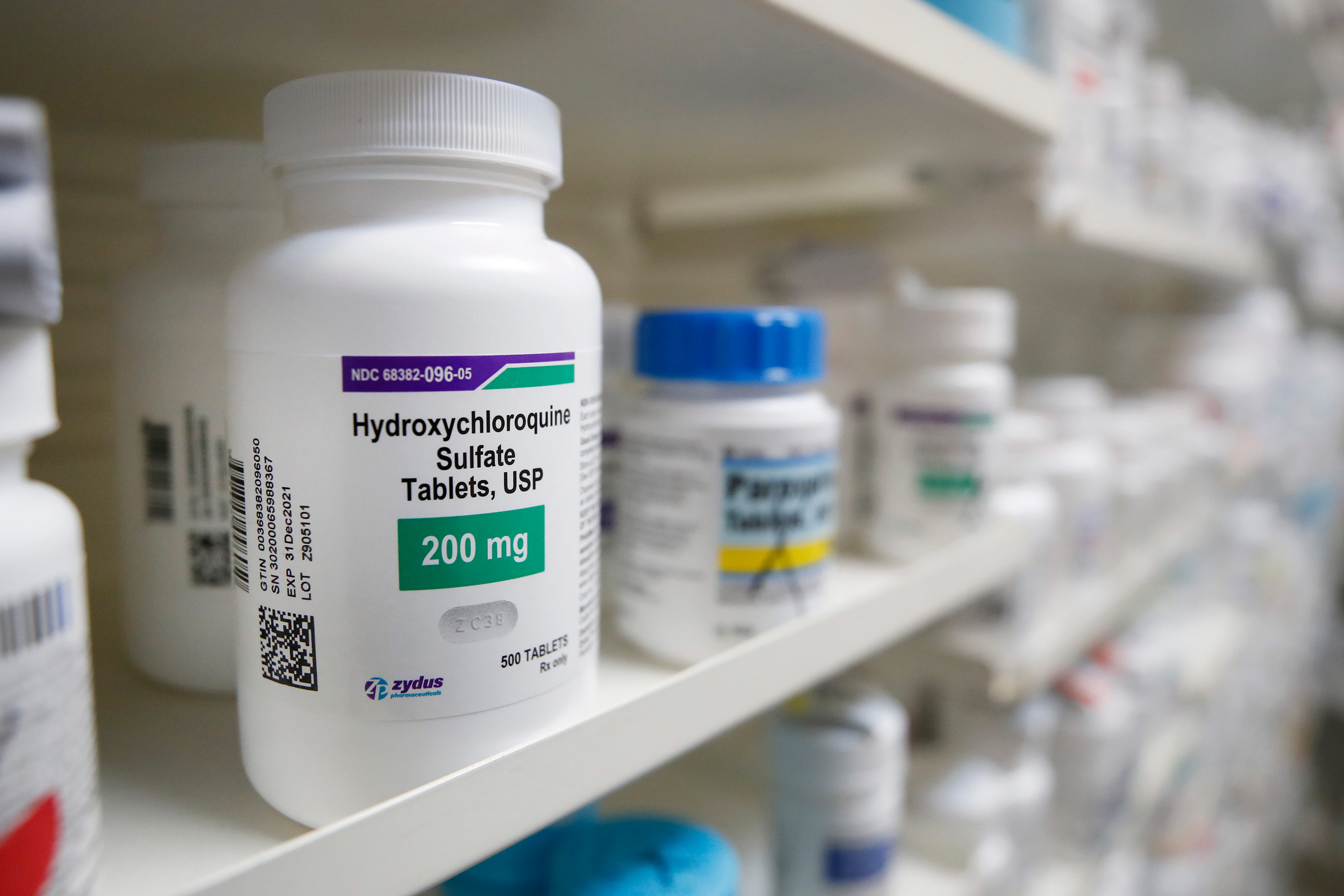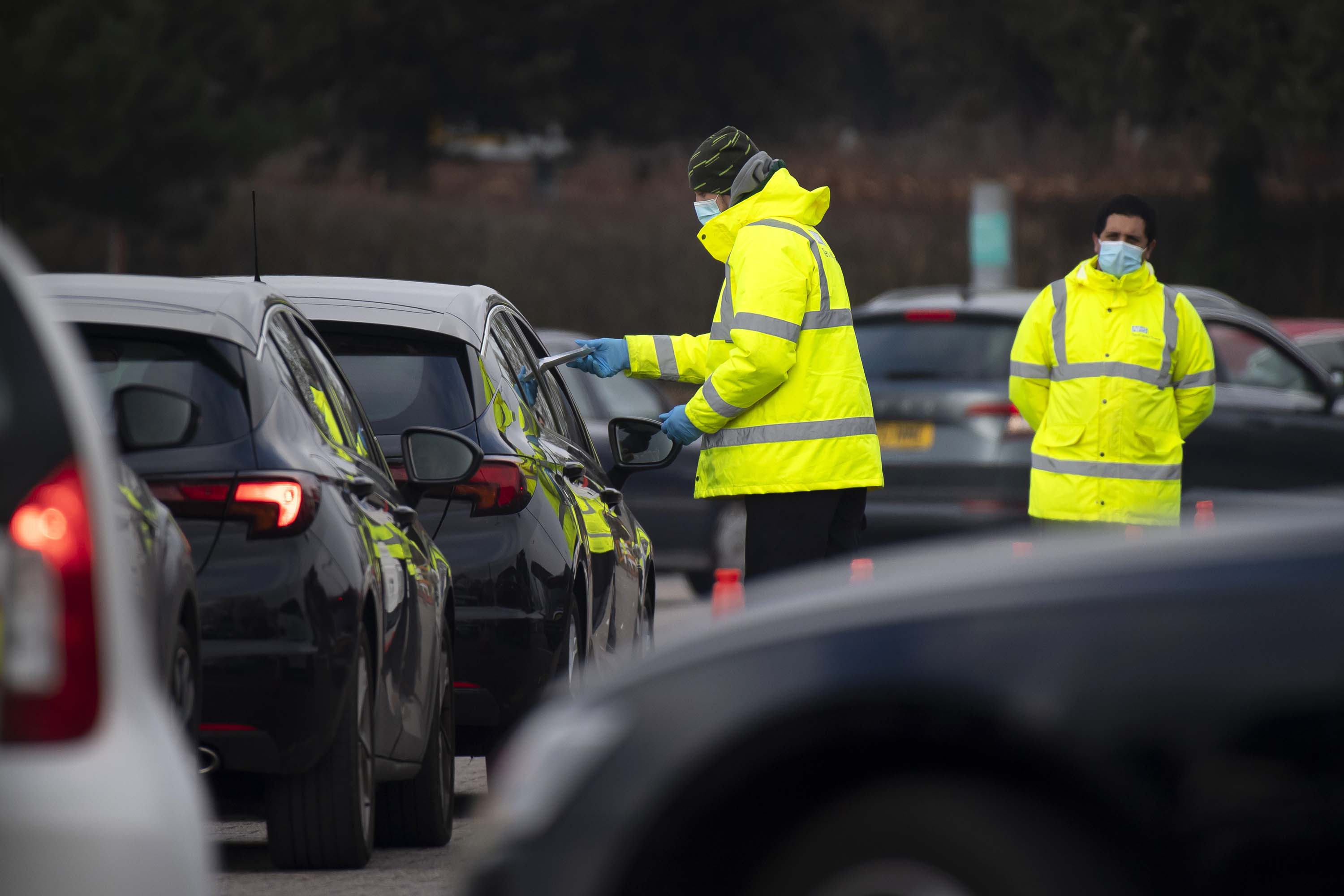
A coronavirus variant of concern first reported in Brazil, known as P.1, may be up to 2.2 times more transmissible and could evade immunity from previous Covid-19 infection by up to 61%, a new modelling study by researchers in Brazil and the UK suggests.
The preprint, which has not yet been peer-reviewed or published in a medical journal, finds that P.1 was associated with the surge in coronavirus cases seen in Manaus, Brazil, during a second wave toward the end of 2020. It’s thought this explains the resurgence despite high levels of existing immunity in the community from the first wave.
The team sequenced viruses sampled from people infected with coronavirus between November 2020 and January 2021 in Manaus, where the new variant was first detected, and found the proportion of samples with this variant rose from 0 to 87% within seven weeks.
They also identified 17 mutations, including 10 in the surface spike protein, used by the virus to enter cells. Three of the mutations in the spike protein are linked to helping the virus bind to human cells. These include the N501Y mutation also found in the variants first found in the UK and South Africa and thought to help the virus bind more easily to human cells and the E484K mutation also found in the South African variant, which is also thought to help the virus evade existing immune responses.
When investigating how these changes affect the ability of the virus to cause infections, the models created from the data showed the P.1 variant to be 1.4 to 2.2 times more transmissible than other variants as well as the original coronavirus strain, and 25% to 65% more likely to evade existing protective immunity from previous non-P.1 infections, making people susceptible to reinfection.
The sampling also found that the emergence and circulation of the P.1 variant of concern was due to multiple introductions of the variant within the population.
Our results consistently suggest altered epidemiological characteristics of P1,” said Dr. Nuno Faria, reader in viral evolution at the MRC Centre for Global Infectious Disease Analysis at Imperial College London.
But he cautioned that “our results from Manaus should not be generalized” to other contexts of variants of concern.
“We need to see whether this is generalizable to other settings,” said Sharon Peacock, professor of public health and microbiology at the University of Cambridge. “This is relevant to where the study was done but we don’t know how that will pan out in other countries.”
Six cases of the P.1 variant were reported in the UK this week, with a manhunt underway to find one unidentified case. The researchers commented that this is unlikely to cause a surge in cases, adding that “you need many introductions to start an epidemic, so six is very few.”
In the United States, 10 cases of the P.1 variant have been identified in five states -- Alaska, Florida, Maryland, Minnesota and Oklahoma -- according to the US Centers for Disease Control and Prevention.
